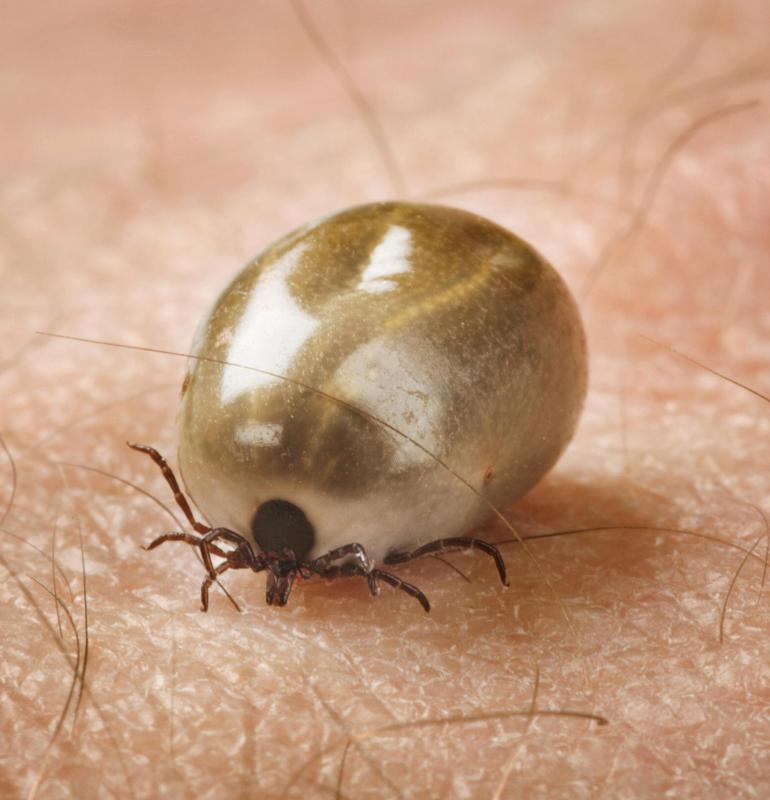Mosquito-borne diseases are a significant threat to the world. These diseases are spread by mosquitoes, which are found in almost every part of the world. Mosquito-borne diseases can cause severe illness, and in some cases, they can be fatal. In this article, we will discuss the major mosquito-borne diseases that threaten the world and the measures that can be taken to control their spread.
- Malaria
Malaria is one of the most significant mosquito-borne diseases, affecting millions of people worldwide each year. It is caused by a parasite that is transmitted to humans through the bites of infected mosquitoes. Malaria can cause fever, chills, and flu-like symptoms and can be fatal if left untreated. The World Health Organization (WHO) recommends the use of insecticide-treated mosquito nets and indoor residual spraying to control the spread of malaria.
- Dengue Fever
Dengue fever is a viral infection that is transmitted by the Aedes mosquito. It is prevalent in tropical and subtropical areas of the world, including Southeast Asia, the Caribbean, and South America. Dengue fever can cause high fever, severe headache, joint pain, and rashes. In severe cases, it can lead to dengue hemorrhagic fever, which can be fatal. The WHO recommends the use of insecticide-treated mosquito nets, indoor residual spraying, and community-based vector control programs to control the spread of dengue fever.
- Zika Virus
The Zika virus is a mosquito-borne virus that has caused significant concern in recent years. It is transmitted by the Aedes mosquito and can cause mild fever, rash, and joint pain. However, in pregnant women, it can cause birth defects, including microcephaly. The WHO recommends the use of insecticide-treated mosquito nets, indoor residual spraying, and community-based vector control programs to control the spread of the Zika virus.
- Yellow Fever
Yellow fever is a viral infection that is transmitted by the Aedes and Haemagogus mosquitoes. It is prevalent in tropical areas of Africa and South America. Yellow fever can cause fever, chills, and severe headache, and in severe cases, it can lead to liver failure and death. The WHO recommends vaccination against yellow fever, mosquito control, and public education programs to control the spread of the disease.
In conclusion, mosquito-borne diseases are a significant threat to the world, and their spread must be controlled. The use of insecticide-treated mosquito nets, indoor residual spraying, and community-based vector control programs, as well as vaccination, public education, and research, are all important measures that can be taken to control the spread of mosquito-borne diseases. With a concerted effort, we can reduce the incidence of these diseases and improve the health and well-being of people around the world.


